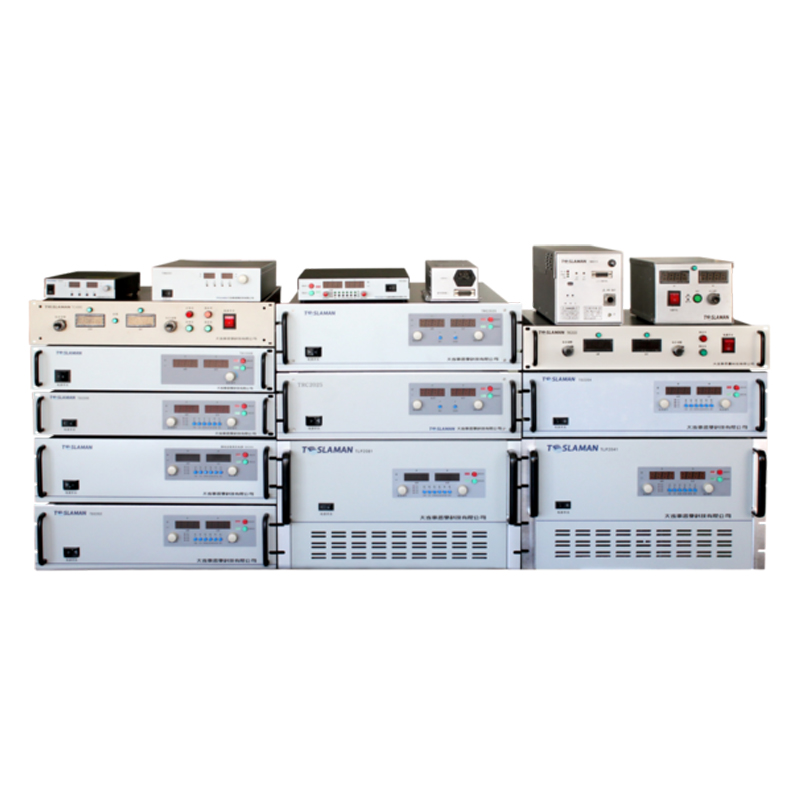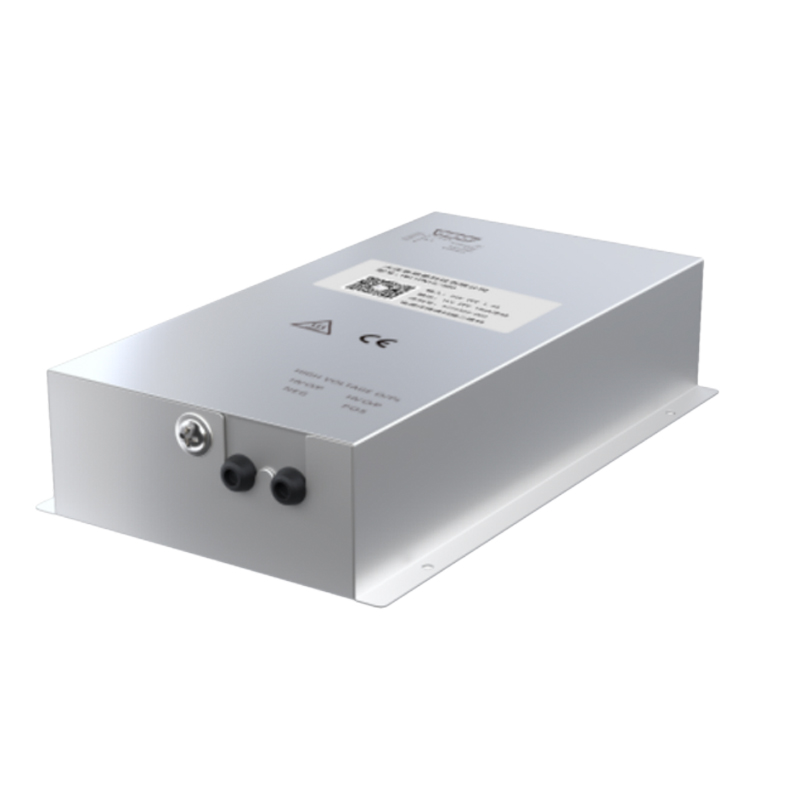Application and Efficiency Evaluation of High-Voltage DC Power Supply Technology in Microgrid Systems
With the rapid development of power electronics technology, high-voltage direct current (HVDC) power supply technology has become an important component of modern power systems. Especially in microgrid systems, HVDC technology provides strong support for distributed energy access, renewable energy utilization, and stable grid operation with its unique advantages. This article will discuss the application of high-voltage DC power supply technology in microgrid systems and its efficiency evaluation from a professional perspective.
I. Application of High-Voltage DC Power Supply Technology in Microgrids
1. Distributed Energy Access: In microgrid systems, the demand for accessing distributed energy such as solar and wind is growing. HVDC technology can achieve efficient access of these distributed energy sources, converting DC electric energy into AC electric energy through power electronic converters to supply local loads or connect to the main grid.
2. Improving Grid Stability: HVDC technology has fast response capabilities and can adjust output voltage and frequency within milliseconds, thereby effectively suppressing grid fluctuations and improving the stability of microgrids. In addition, reactive power compensation devices in HVDC systems can provide reactive power support and improve the power factor of the grid.
3. Long-Distance Transmission: For microgrids located in remote areas with long transmission distances, HVDC technology has significant advantages. Due to the small loss of DC transmission lines, it is possible to achieve longer distance and larger capacity power transmission, reducing transmission costs.
4. Integration of Energy Storage Systems: With the development of energy storage technology, the role of energy storage systems in microgrids is becoming increasingly important. HVDC technology can be easily interfaced with energy storage systems, achieving bidirectional flow of energy between the energy storage system and the grid, and improving energy utilization efficiency.
II. Efficiency Evaluation of High-Voltage DC Power Supply Technology
1. Conversion Efficiency: The core component of the HVDC system is the power electronic converter, whose conversion efficiency directly affects the overall system's energy efficiency. At present, the conversion efficiency of mainstream power electronic converters on the market has reached over 95%, and some high-end products are even close to 99%. Therefore, from the perspective of conversion efficiency, HVDC technology has high application value in microgrid systems.
2. Line Loss: Compared with traditional AC transmission, DC transmission line losses are smaller. This is mainly because the current in DC transmission lines is small, and according to Joule's law, the line loss is directly proportional to the square of the current. Therefore, in scenarios with long-distance transmission, HVDC technology has obvious energy-saving advantages.
3. System Reliability: HVDC systems have high reliability, mainly reflected in the following aspects: First, the redundant design of power electronic devices allows the system to operate normally when some devices fail; Second, HVDC systems have strong anti-interference capabilities and can effectively cope with various disturbances in the grid; Third, the maintenance cost of HVDC systems is relatively low, which is beneficial to reduce the operation and maintenance costs of microgrids.
4. Environmental Impact: From an environmental perspective, HVDC technology has more advantages than AC transmission technology. DC transmission lines do not need to consider capacitive effects, so they can reduce their impact on the surrounding environment. In addition, power electronic devices in HVDC systems usually adopt modular design, which is convenient for recycling and environmentally friendly disposal.
In summary, high-voltage DC power supply technology has broad application prospects and significant efficiency advantages in microgrid systems. With the continuous advancement of power electronics technology and cost reduction, it is believed that HVDC technology will play an even more important role in future microgrid systems.




















